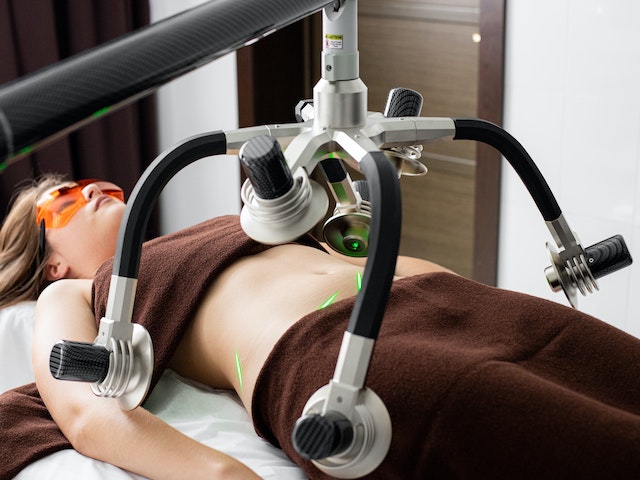Plastic surgery and other cosmetic procedures have become more popular and accessible in recent years. Some people use them to address health issues, while others lean more towards aesthetic reasons.
Liposuction is one of these surgical procedures. It uses suction to remove fat from specific body areas, such as the abdomen, neck, hips, or arms.
Its effectiveness has kept it relevant until today, with it being Canada’s fourth most popular cosmetic surgery.
If you’re planning to get liposuction, it’s vital to assess whether it is the right procedure for you. Below are seven things you must consider before deciding to go under the knife.
1. Goals for the Surgery
Contrary to popular belief, liposuction is not a weight loss procedure.
Yes, you could lose a bit of fat, but it shouldn’t be your primary weight loss method. It is best used to address fat that couldn’t be eliminated by regular diet and exercise.
The ideal candidate for liposuction should be close to their goal weight. There are limits to the amount of fat a surgeon can remove. Your doctor will determine this limit depending on your current weight, aesthetic goals, and overall health.
2. Choice of Surgeon
To ensure your safety and the effectiveness of the procedure, you must choose the right surgeon.
Do your research and talk to potential surgeons and clinics. What qualifications and certifications do they have? How much experience do they have in this specific procedure? Are they a member of any professional societies?
Taking your time with this step will help you find a doctor that knows what they’re doing, making you feel safe throughout the process.
3. Personal Finances
Liposuction does not come cheap. It is rarely covered under policies like the Ontario Health Insurance Plan (OHIP), as it is a cosmetic procedure. Due to this, you need to make sure you can afford the surgery yourself.
How much does liposuction cost? You can get an exact quote only after consulting with your doctor. It often costs thousands of dollars, depending on various factors.
4. Risks and Side Effects
Like other surgical procedures, liposuction also has its risks. You must review them with your doctor to ensure you are aware before consenting to the surgery.
Some of the risks surrounding liposuction include:
- Complications with anesthesia or other medications
- Blood clots
- Fat clots
- Infections
- Hematoma
- Skin necrosis
5. Expectations
Liposuction isn’t a miracle fat loss cure, and it’s important to remember this before going into it. You could expect some sculpting surrounding the area where you had the procedure.
However, the results you get will also depend on a number of factors. These include your age, muscle tone, fitness level, body frame, and the amount of fat removed.
6. Preparation
Before your surgery, your doctor will make suggestions about how to prepare yourself. These preparations will help mitigate some risks and ensure you get the best results possible.
These preparations include hitting your goal weight, quitting nicotine, and eating healthy. You will also need to prepare your home and settle your schedules to aid your recovery.
7. Recovery
The recovery time will depend on your personal health, the target area, and the number of sites from where the surgeon will remove fat.
Typically, it will take around a week before you can proceed with light work and physical activities. Complete, long-term recovery will usually take around three months.
Liposuction offers excellent benefits for people who want to lose fat in certain areas. There may be a lot of things to consider, but these will help ensure your safety and comfort through the process.

